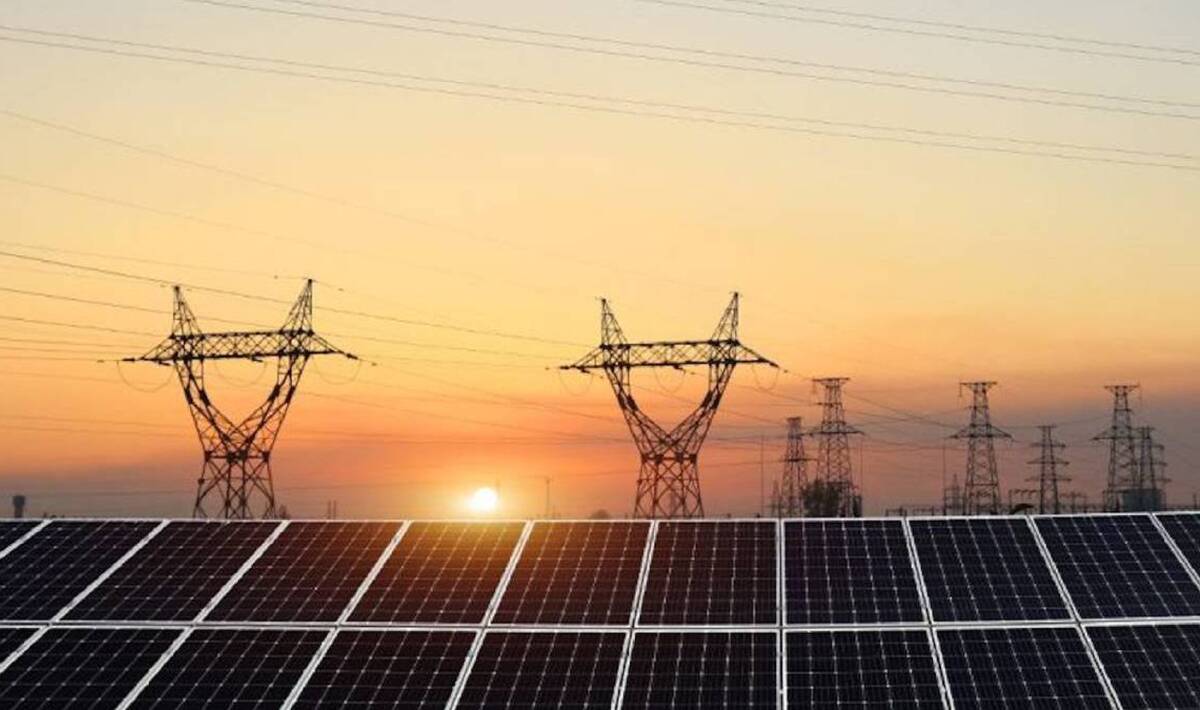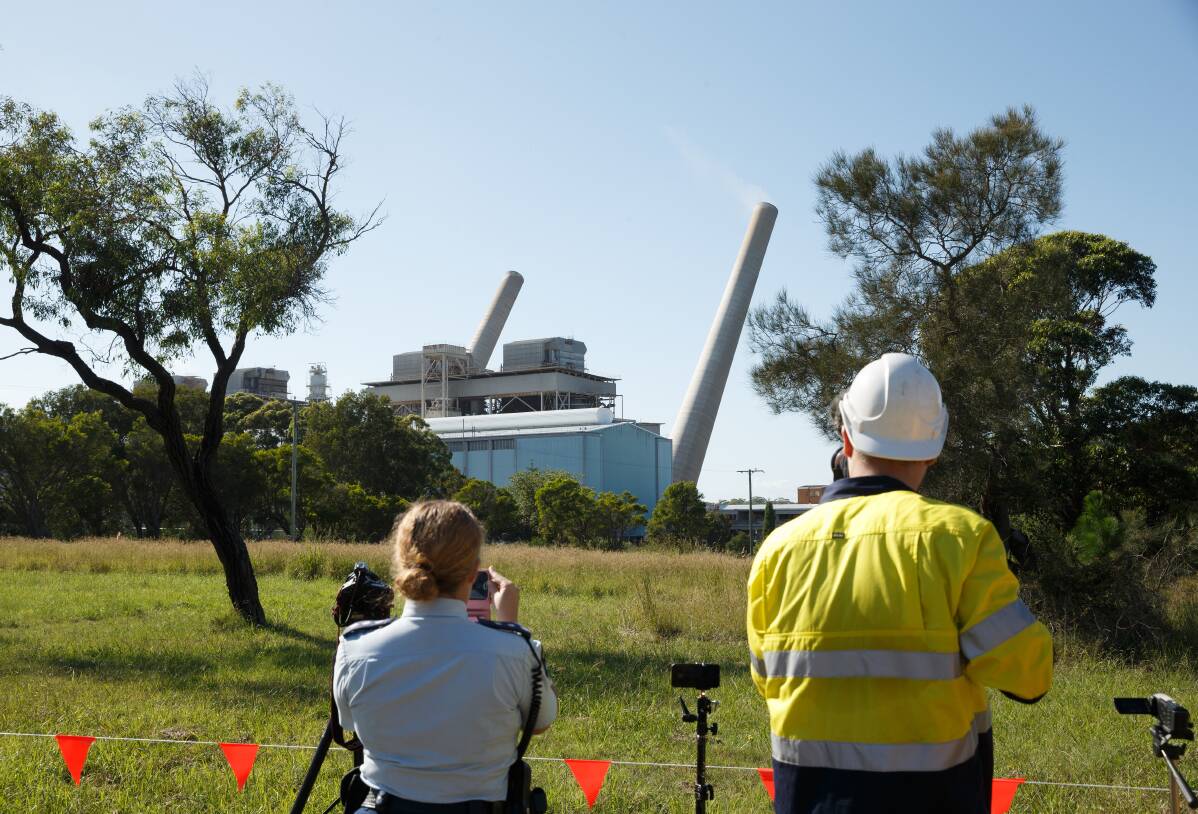
The Waratah Super Battery, which will partially offset the closure of Eraring Power Station, has been declared as Critical State Significant Infrastructure.
The state government is yet to announce the location for the 700 megawatt project, however, Swansea MP Yasmin Catley is lobbying to have it established at the site of the former Munmorah Power Station site.
Energy Minister Matt Kean said the declaration of the Waratah Battery as state significant infrastructure reinforced the importance of the project to the state's energy network.
"The Waratah Super Battery will be the largest standby network battery in the Southern Hemisphere, acting as a giant shock absorber so that transmission capacity currently kept in reserve can be freed up to transfer energy to consumers," Mr Kean said.
Origin Energy is also progressing plans for a similar 700 megawatt battery project on the site of Eraring Power Station, which is due to close in 2025.
The two projects represent part of the new generation and transmission infrastructure in the Hunter-Central Coast Renewable Energy Zone (REZ), one of four REZ's being established across the state.

Commercial interest has been registered for more than 80 projects across the fields of solar energy, onshore and offshore wind energy, large-scale batteries and pumped hydro projects.
The projects together have the potential to deliver more than 100,000 gigawatt hours of renewable energy a year - equivalent to the annual output of up to 10 coal fired power stations.
The first of more than a dozen tenders will open next month for the construction of 1 gigawatt or 2,500 gigawatt hours of new wind and solar, and another 600megawatts of long duration storage.
The first tender will focus on the Central West Orana zone, which is seeking to build at least 5.5 gigawatts of capacity over time.
The government has set targets for high local content to encourage the creation of a local manufacturing and supply industry.
Modelling conducted by renewable energy advocacy group Beyond Zero Emissions found that a Renewable Energy Industrial Precinct built to complement the Hunter REZ could attract $28 billion in private investment, support 34,000 new jobs and earn $11 billion annually by 2032.
The ACIL-Allen analysis shows the complete decarbonisation of all existing industries in the Hunter would require approximately 22 gigawatts of renewable generation, a figure easily achieved under existing plans.
The state government also announced on Wednesday planning approval for the $1.08 billion EnergyConnect, a critical electric interconnector between NSW, South Australia and Victoria, and new transmission lines to connect Snowy 2.0 to the grid.
WHAT DO YOU THINK? We've made it a whole lot easier for you to have your say. Our new comment platform requires only one log-in to access articles and to join the discussion on the Newcastle Herald website. Find out how to register so you can enjoy civil, friendly and engaging discussions. Sign up for a subscription here.







